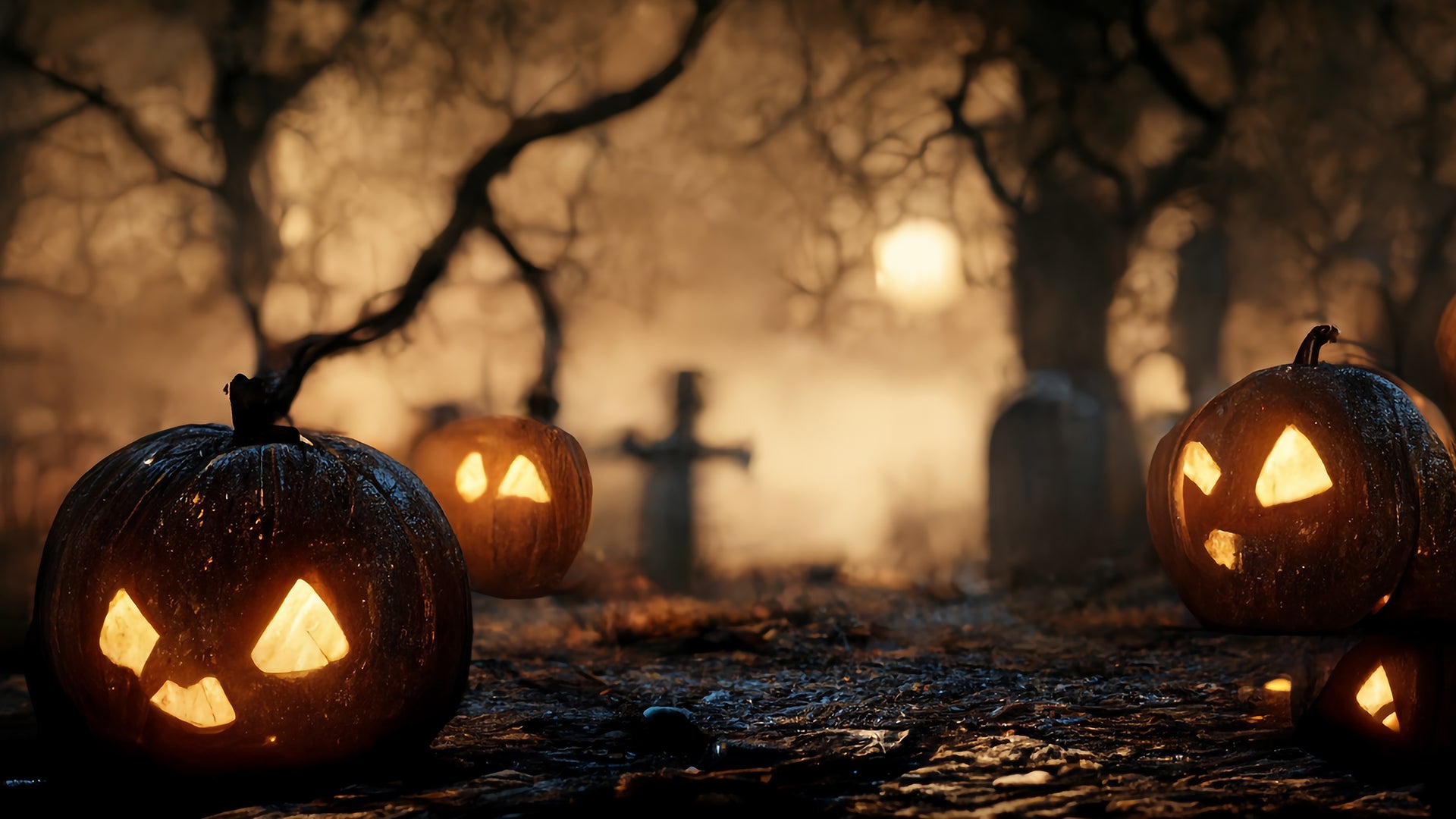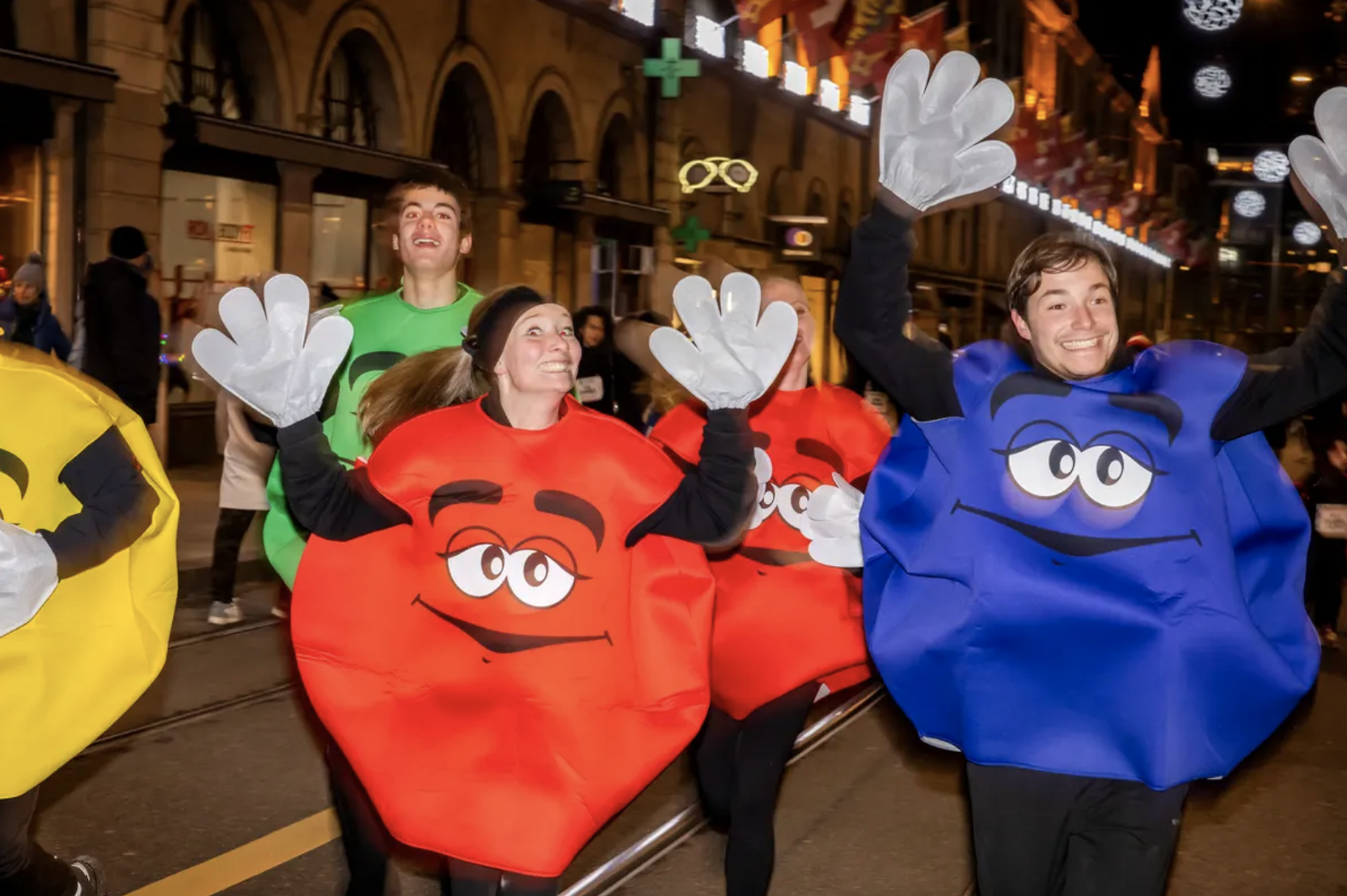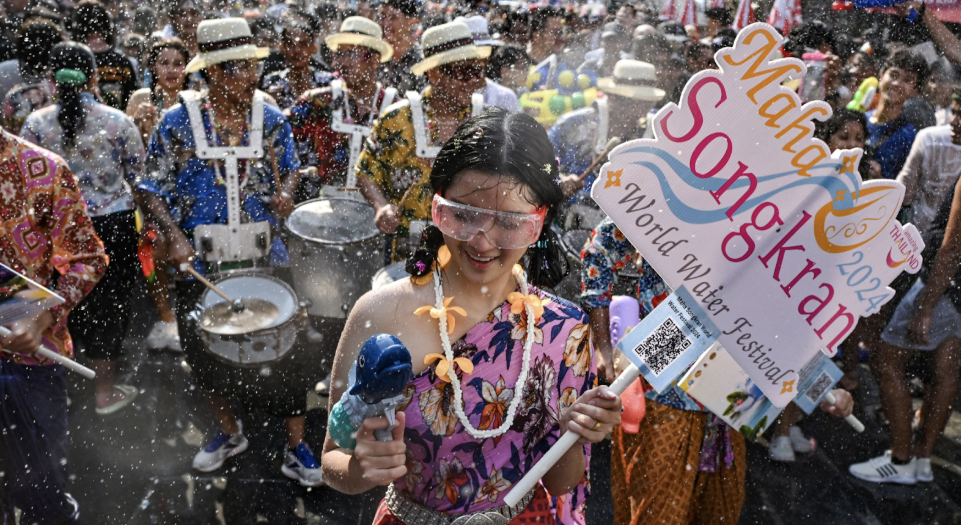By Yuval Israel, Year 11
“Hallow’s Eve”, or “Halloween” by its modern commendation, is a traditionally American holiday. Although modernized, its origins can be traced back to the ancient Celtic festival of “Samhain” and was celebrated by Wiccans, Pagan scholars who would believe in ancient deities and the sacredness of nature, civilians would ignite bonfires and dress in costumes and masks.
Wiccans believed that on “Samhain”, the 31st of October, the veil between the spirit world and our materialistic world would dissolve, allowing for varied spirits to scatter around us. Familial spirits would be gentle, kind and would be invited to enter their descendants’ homes. In spite of that, some spirits would seek mischief and act cruelly towards the civilians of the town. In order to ward off the evil spirits, masks would be worn in order to confuse them and bonfires would be lit in hopes that the light would scare the spirits away.
If a spirit did discover the home of a civilian, the civilian would first lay offerings at their doorstep, in the hopes of not offending it. These festivities have been modernized over time and evolved in different ways around the world.
Although a children’s holiday, many people are not entirely comfortable with Halloween’s purpose and origins. Celebrating spirits, performing Pagan traditions and dressing in costumes meant to resemble evil creatures is not viewed as a “fun” or “appropriate” holiday by diverse cultures and religions.
During this same time of year, most cultures celebrate the commemoration of their loved ones. The Latin American holiday, “Días de La Muertos” and the Cambodian celebration of “Pchum Ben”, celebrate the remembrance and veneration of ancestors. The Hindu festival of Diwali honors the return of Lakshmi after defeating the Demon king, the goddess of prosperity and good fortune. These celebrations symbolize remembrance and the celebration of living and dead. Although Halloween also commemorates the memory of the dead, it also celebrates the supernatural, abnormal and Pagan craft. This goes against the belief of certain Christians, Muslims and other religions.
Halloween also emphasizes horror and gory imagery, as it feeds off fear and anxiety. This holiday in which children dress up in violent attires can create stress for other children, even if the person in the costume didn’t mean to provoke others. This idea of adorning oneself in scary attire calls into question Halloween’s traditional rules for dressing up and how this is marketed towards children.
Cultural appropriation also takes a large part in the disliking of the holiday, as finding a costume during this time can be difficult as one aspires for originality and diversity. To do so, many people aspire to wear a historical costume, or one from another culture, which could or could not unintentionally incorporate offensive elements into cultural costumes as a form of humor or satire, but resulting in harmful cultural appropriation.
Although a generally harmless children’s holiday, different aspects of Halloween’s origin and traditions could nonetheless be offensive or harmful towards the beliefs of other cultures. On another note, it could be argued that this holiday is a tradition and not celebrating its existence could result in the destruction of Celtic traditions. Children should not be scared to celebrate different cultures and learn about their traditions, such as dressing up and taking part in some trick or treating for Halloween. Celebrating different cultures can broaden one’s perspective of the world and even encourage diversity and pride in one’s beliefs.


